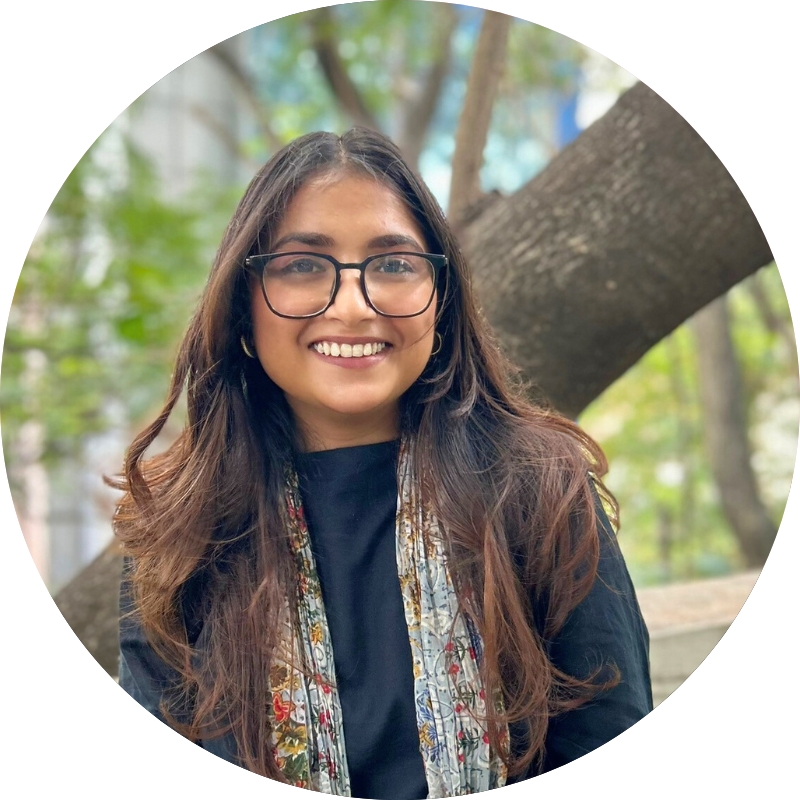On 12th August 2024, CLPR participated in the Consultation organised by the Juvenile Justice and Prevention of Child Sexual Offences (POSCO) Committees of the High Court of Karnataka to strengthen the protection of children with disabilities (CWDs) in the context of institutionalisation and victimisation under the Juvenile Justice Act, 2015 (JJA) and the Protection of Children from Sexual Offences Act, 2012 (POCSO).
The Consultation addressed the prevailing situation of children in child-care institutions (CCIs) and in conflict with the law, the lived experiences of CWDs and their caregivers, opportunities for early interventions, and the applicable legal regime. Senior Advocate Jayna Kothari, Executive Director of CLPR, presented the international legal regime as regards to CWDs in CCIs and in conflict with the law and global best practices. The consultation saw the participation of various stakeholders, including governmental authorities responsible for child development, persons with disabilities and law, UNICEF and NGOs working in the field.
Key issues addressed
1. Existing Support Services for CWDs: Experts from Enfold Proactive Health Trust, Ms. Kushi Kushalappa and Shruthi Ramakrishnan highlighted the lack of adequate and actionable data on the CWDs within childcare institutions in the state. Limited data indicates that most of those within the system have already crossed the age of majority but do not have other options for work or shelter. There is also a huge shortage of special educators and interpreters for CWDs in the system. For those who come into contact with the law, there is a lack of proper support due to lack of sensitization among the police and judicial authorities.. It was observed that the existing figure of 0.47% of children in CCIs being identified CWDs was unlikely, and needed further investigation. The panel emphasised the importance of conducting detailed surveys with disaggregated data on children in CCIs to capture ground realities.
2. Lived Experience of CWDs & Caregivers: Ms. Kalpana Purushottam, a Juvenile Justice Board Member from Bangalore related the challenges faced by CWDs in conflict with the law and the stigma and cycle of abuse and institutionalisation they become prone to. She also highlighted the vulnerabilities of children in the system to develop “system-induced disabilities”. She asserted the need for enhanced psychosocial support and specialized services for CWDs in conflict with the law. Mr. A.L. Janardhana from the Association of Persons with Disabilities spoke of the role of caregivers of CWDs and how it often goes unrecognized. He advocated for more legal protections for caregivers, state support, and a single-window system for accessing disability services. Prof. Dr. Sanjay Jain from NLSIU shared his personal experiences of growing up with a visual impairment, and emphasized the critical role of family support and education in uplifting CWDs. He called for sensitization programs and the recognition of the unique potential of individuals with disabilities. Children with musco-skeletal disabilities – Dhruva and Zainab – echoed the positive role of inclusive education and opportunities for rehabilitation in their lives.
3. Early Identification and Intervention: Medical and special education experts led the session on early identification of disabilities and opportunities for successful intervention. They emphasied the importance of early intervention to better integrate children with developmental disabilities into the mainstream and therefore lead to better opportunities and outcomes. It was suggested that anganwadi workers can play a vital role in training parents and facilitating early intervention, especially in rural areas. It was equally important to raise awareness about developmental disabilities to protect against social exclusion and stigmatization, and provide economic support to families of CWDs. Sangeeta Saksena from Enfold spotlighted the prevalence of sexual abuse and violence among CWDs and advocated for making appropriate personal safety and sexuality education accessible to CWDs at a young age.
4. International and national legal regimes applicable: Jayna Kothari, CLPR Executive Director discussed the applicable international conventions, particularly the UN Convention on the Rights of the Child and the UN Convention on the Rights of Persons with Disabilities, to which India was a party. She spoke of the need to collect data to inform policy and practice, implement accessible criminal justice procedures, provide regular assessed training for professionals, and establish protocols for investigating procedures for the CWDs. Mr. S.R. Somashekar, Principal District and Sessions Judge explained the applicable provisions from the Juvenile Justice Act, POCSO Act and the Rights of Persons with Disabilities Act. He observed the emphasis of the principles of equality and non-discrimination on the basis of disability, and recommended trainings for members of POCSO courts and the JJB, as well as developing Standard Operating Procedures (SOPs) for police stations.
The stakeholder consultation facilitated a robust discussion to gather insights for planning a way forward to improving the lives of children with disabilities Specifically, the need for interdepartmental and interdisciplinary coordination was emphasised to be able to address the complex challenges faced by CWDs at point of contact with the system. The challenges and the recommendations put forward by the stakeholders at this meeting will be presented by the Karnataka High Court Committee on the JJ Act and POCSO Act to the annual national-level meeting organized by the Supreme Court Committee on the JJ Act and POCSO Act in September 2024, towards preparing national strategy.

